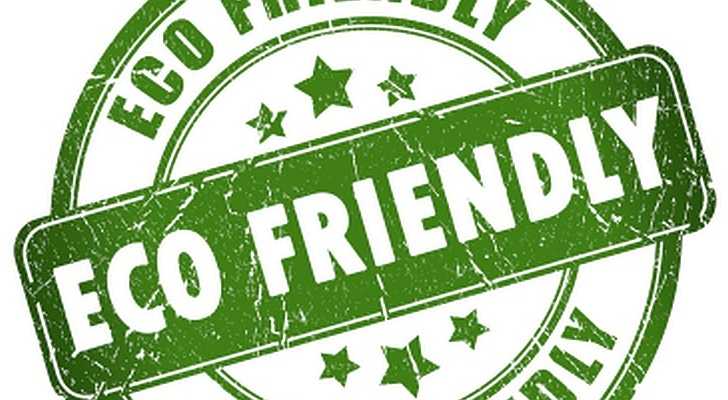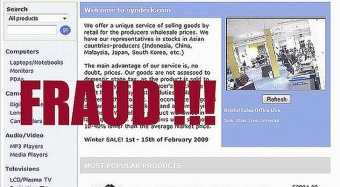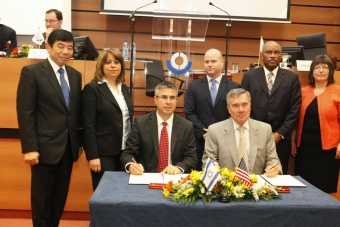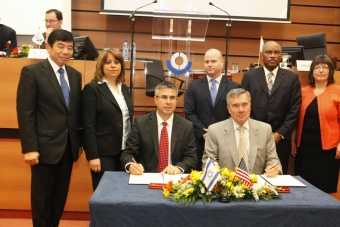Israel has joined the world’s biggest trading powers, which begin talks aimed at clinching a global agreement to spur trade in environmentally-friendly goods, as part of efforts to combat climate change. The initiative was launched in January 2014.
Green goods are innovative products which can help countries reduce their dependency on fossil fuels, cut their greenhouse-gas emissions and use natural resources more efficiently.
Ending customs duties on such goods, which proponents argue are vital to sustainable development, combating air pollution, generating renewable energy and managing waste, would reduce costs and promote their use.
The countries participating in the talks are aiming for a legally-binding trade accord which will be anchored in the WTO and based on its “most favoured nation” principle.
The WTO estimates that the global market in green goods, technologies and services — ranging from solar panels to wind turbines and water-recycling plants — at $1.4 trillion.
The governments which have signed on to the talks together account for almost 90 percent of trade in such goods. Such a pact, which would cover items such as solar panels and wind turbines, will foster the development of green products by making them more easily available to all nations and create opportunities for Israeli industries, which lead the market in alternative energy technologies. This list includes the following product categories:
Renewable and clean energy technologies, such as solar panels, and gas and wind turbines; Wastewater treatment technologies, such as filters and ultraviolet (UV) disinfection equipment; Air pollution control technologies, such as soot removers and catalytic converters; Solid and hazardous waste treatment technologies, such as waste incinerators, and crushing and sorting machinery; Environmental monitoring and assessment equipment, such as air quality monitors and water delivery systems. Tariffs on such products can be as high as 35%.






